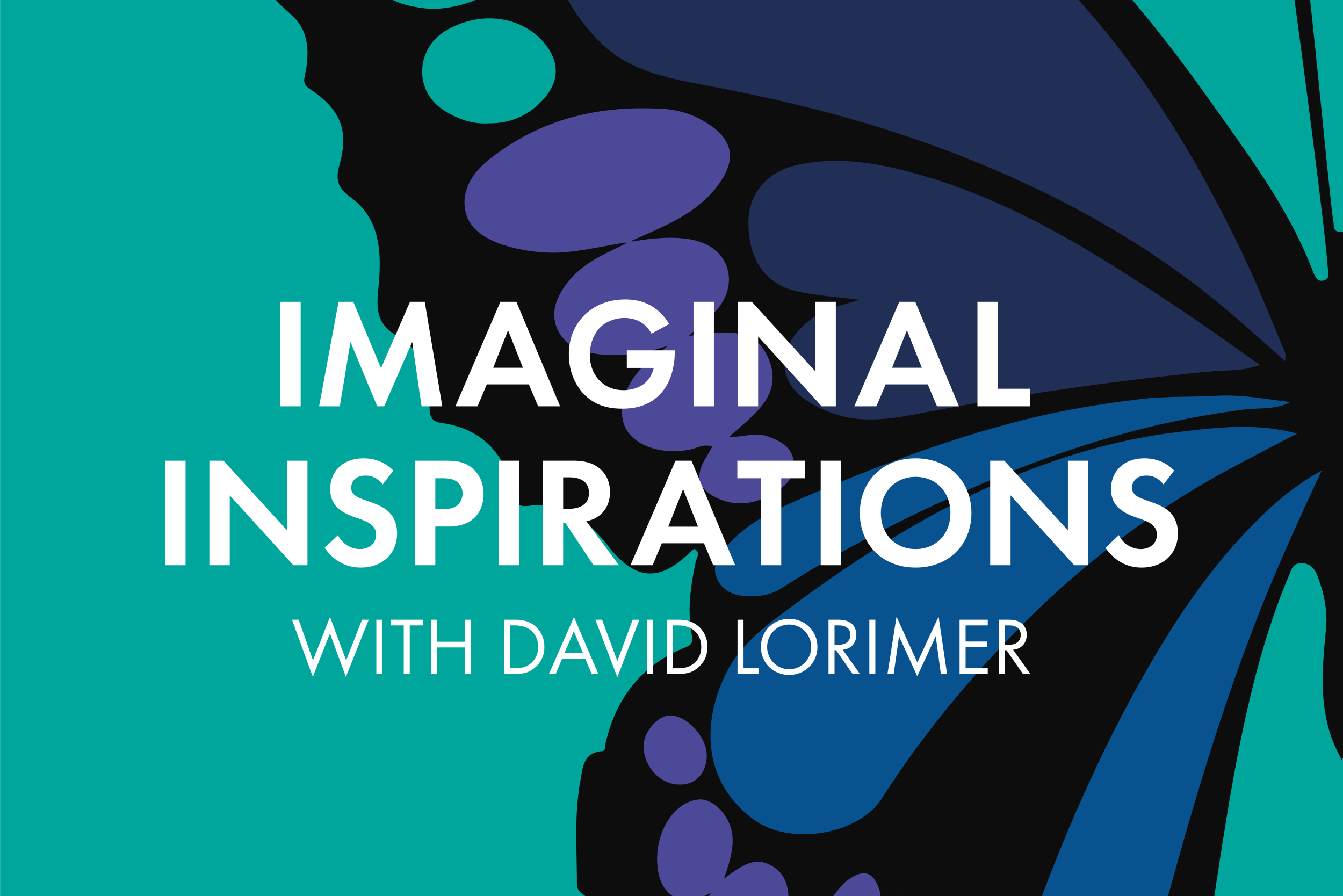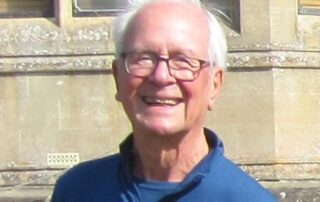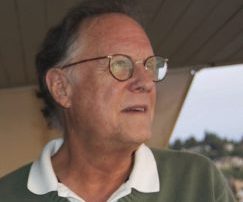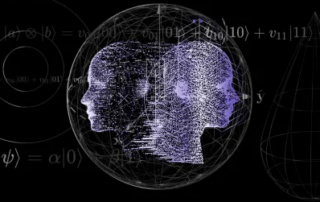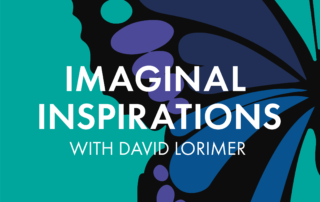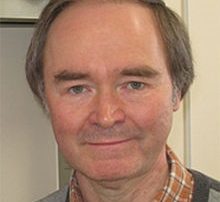
Expanding the Scope of Science
ORIGINS
David Lorimer introduces the Galileo Commission Report
REMIT
The Galileo Commission was founded in 2017 with a view to expanding the worldview of science beyond its limiting materialistic assumptions, which are seldom explicitly examined. A central and widely held assumption is that the brain generates consciousness and is therefore extinguished at death.
Following widespread consultation in 2018 with 90 advisers representing 30 universities worldwide, we have published the Galileo Commission Report, written by Prof Dr Harald Walach and entitled Beyond a Materialist Worldview – Towards an Expanded Science. The report has been widely endorsed as a groundbreaking document, so we encourage you to support our movement by joining the Galileo Commission either as a Professional Affiliate or a Friend. There is also a Summary Report and a Layman’s Report, and a brief summary of the argument is available in a number of languages. We encourage you to read and support Dr Athena Potari’s Call for a Renaissance of the Spirit in the Humanities and to read our edited book Spiritual Awakenings, which documents the transformative experiences of 57 scientists and academics.
A Call for a Renaissance of the Spirit in the Humanities
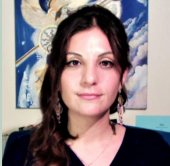 The “Call for a Renaissance of the Spirit in the Humanities”, written by Dr Athena D. Potari, is a pioneering project aiming to raise awareness regarding how the prevailing paradigm of materialism affects the ways in which knowledge is approached within the context of the Humanities. In line with the Galileo Report, which discusses the importance of liberating the positive sciences from the limitations of the paradigm of scientific materialism, this Call aims at making the case for the Humanities as well. The Call explores how recent developments in scientific studies on consciousness, and the ensuing understanding that consciousness is primary and unified, can inform our understanding of what it means to be “human” with correspondingly appropriate epistemologies, as well as how we approach key areas of human activity, including ethics, politics and the environment.
The “Call for a Renaissance of the Spirit in the Humanities”, written by Dr Athena D. Potari, is a pioneering project aiming to raise awareness regarding how the prevailing paradigm of materialism affects the ways in which knowledge is approached within the context of the Humanities. In line with the Galileo Report, which discusses the importance of liberating the positive sciences from the limitations of the paradigm of scientific materialism, this Call aims at making the case for the Humanities as well. The Call explores how recent developments in scientific studies on consciousness, and the ensuing understanding that consciousness is primary and unified, can inform our understanding of what it means to be “human” with correspondingly appropriate epistemologies, as well as how we approach key areas of human activity, including ethics, politics and the environment.What people say…
Featured book
Featured podcast
The Playful Universe – Marjorie Woollacott, David Lorimer and Gary Schwartz (Eds)
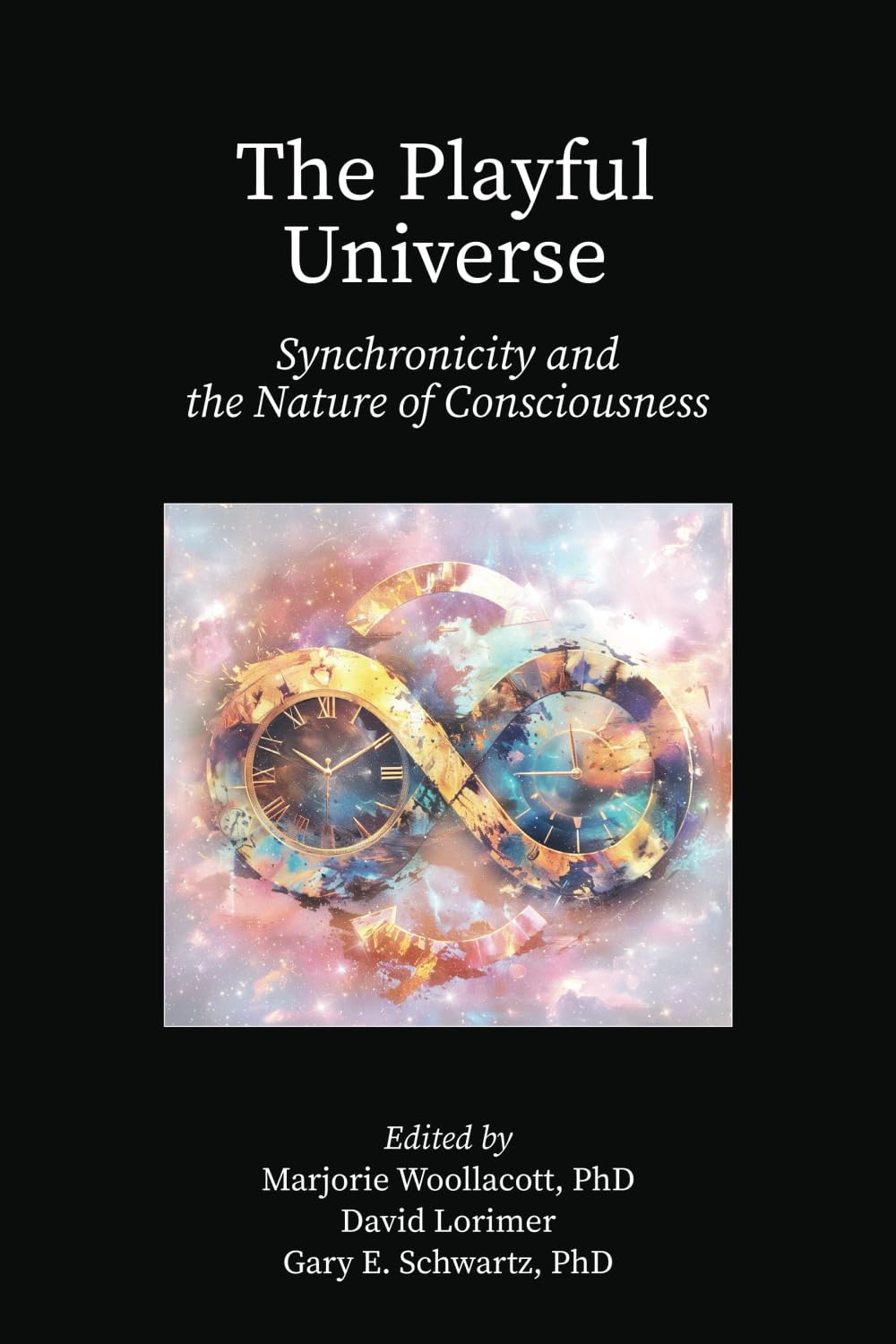
This volume consists of essays by scientists and academics describing their own experiences of synchronicity and how these experiences transformed both their worldview and the way they lived their lives. We truly believe that this is a fundamentally intelligent, benevolent, creative and playful universe in which we, as individual expressions of the one Universal Mind, co-create our reality.
Recent News
Modelling the world – Chris Nunn
Of course it’s tempting to suppose that conscious models must be imaginary in some sense, which is true enough in a way. But then one has to remember that they are pictured as woven from threads of durationality that endow the world with manifest existence; so maybe it’s the world that’s more truly ‘imaginary’! Whatever the truth of all this, one thing remains certain – that there’s a huge amount of interest and enjoyment to be gained from investigating it.
Science Enters the Matrix of Consciousness – Stephen Schwartz
GC adviser Stephen Schwartz discusses science and consciousness on his podcast.
Article in Cortex – Enhanced mind-matter interactions following rTMS induced frontal lobe inhibition
A major barrier to acceptance of psi is that effects are small and hard to replicate. To address this issue, we developed a novel neurobiological model to study this controversial phenomenon based upon the concept that the brain may act as a psi-inhibitory filter. Our previous research in individuals with frontal lobe damage suggests that this filter includes the left medial middle frontal region. We report our findings in healthy participants with rTMS induced reversible brain lesions. In support of our a priori hypothesis, we found a significant psi effect following rTMS inhibition of the left medial middle frontal lobe. This significant effect was found using a post hoc weighting procedure aligned with our overarching hypothesis. This suggests that the brain may inhibit psi and that individuals with neurological or reversible rTMS induced frontal lesions may comprise an enriched sample for detection and replication of this controversial phenomenon. Our findings are potentially transformative for the way we view interactions between the brain and seemingly random events.
Imaginal Inspirations with Sperry Andrews
David's Guest today is Sperry Andrews. To further the evolution of a socially altruistic heart-centered intelligence and two-way telepathic awareness, Sperry Andrews founded the Human Connection Institute in 1990, facilitating hundreds of groups internationally for over thirty years. He has taught anyone interested how to recreate these experiences effectively in-person, as well as online via webcam. He has published and given invited presentations on human interconnectedness and the Human Connection Project in many international forums. He collaborated for five years with Dr. William Braud, Senior Research Associate of the Mind Science Foundation, to pioneer the field of Distant Mental Interactions with Living Systems (DMILS) and direct a multinational, scientifically based, social action media research project to demonstrate our indivisibility on instrument under double-blind conditions with Aikido masters, Buddhist monks, and well know celebrities stationed at multiple scientific laboratories in widely separated geographic locations. For six years, he has been collaborating with Dr. James E. Beichler, a theoretical physicist and scientific historian. They agree: “Our single field theory goes well beyond the simple notion of mind and consciousness as mere human bound perceivers and interpreters of the external material/physical world, by placing the physical origin of consciousness within every geometrical point in the universe itself.”
Cosmologist Bernard Carr Explores the Mysteries of the Universe with Sadhguru
Renowned cosmologist Prof. Bernard Carr and Sadhguru engage in a fascinating discussion about some of the deepest mysteries of our cosmos. In a discussion facilitated by Dr. Bala Subramaniam, Professor of Anesthesiology, Harvard Medical School, Prof. Carr and Sadhguru explore a range of topics, including science, spirituality, time and space, multiverses, and consciousness in an event hosted by the Sadhguru Center for a Conscious Planet at Beth Israel Deaconess Medical Center.
Imaginal Inspirations with Alastair McIntosh
David Lorimer's guest today is Alastair McIntosh who has been described by BBC TV as “one of the world’s leading environmental campaigners.” A pioneer of modern land reform in Scotland, he helped bring the Isle of Eigg into community ownership. On the Isle of Harris he negotiated withdrawal of the world’s biggest cement company (Lafarge) from a devastating “superquarry” plan. He then served, unpaid to avoid conflicts of interest, on the company’s Sustainability Stakeholders Panel for 10 years to help further corporate social and environmental responsibility.
